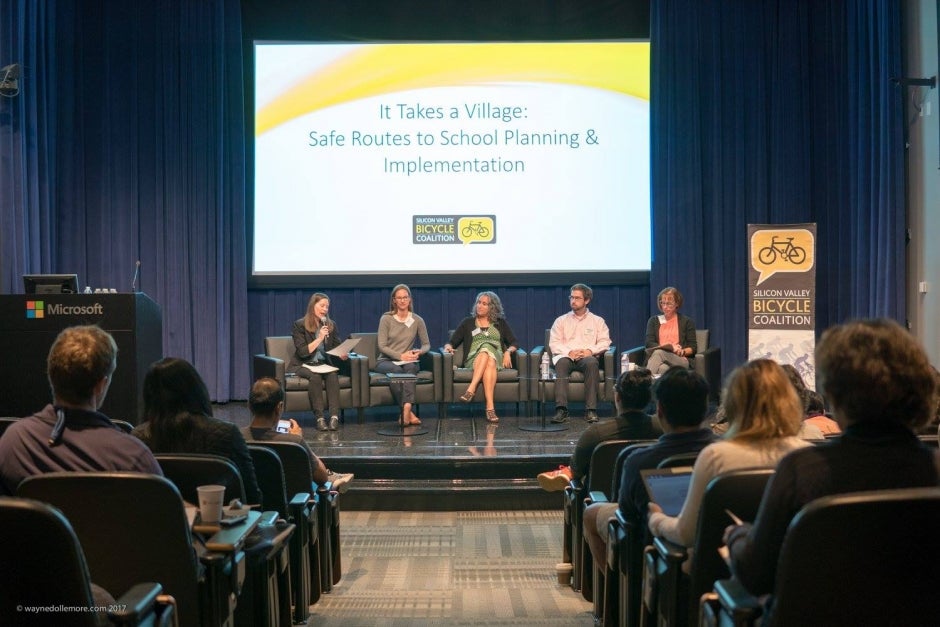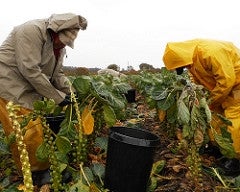August 2017 Newsletter
Leading for Good Health
Now Accepting Funding Proposals
Our annual Get Healthy SMC Community Implementation Funding RFP
is out! We invite community partners, cities and schools working
on building healthy, equitable communities in San Mateo County to
apply by September 26. We will award up to $150,000 for
place-based primary prevention and health equity projects that
seek to advance health through policy or systems change. We look
forward to continuing to build our partnerships to create
healthy, equitable communities for all in San Mateo
County! Applications are due
September 26 before 5PM.
Using Mapping Software to Highlight Spatial
Inequalities
Our own community health planner, Heather Arata, and Corina
Chung, epidemiologist, recently presented Health Policy and
Planning Program’s ongoing research on public transportation
access in San Mateo County and our Get Healthy Data Portal at
the Environmental Systems
Research Institute (ESRI) User Conference and received
great reviews and additional analytical skills. ESRI is the
company that makes Geographic Information System (GIS) software,
which our team relies on to conduct spatial analysis of health
equity issues. Visit our data
portal to see our GIS work in action!
GHSMC Featured as a Best Practice in New National
Resource
A new national resource for public health departments working to
advance health equity was launched last month: HealthEquityGuide.org. With
the support of a diverse advisory committee, including people
from the National Association of City and County Health
Departments, The California Endowment, Robert Wood Johnson
Foundation, PolicyLink and more, Human Impact Partners identified
15 strategic practices for the practical advancement of health
equity. Get Healthy San Mateo County was identified as a leader
in the field and interviewed for the inclusion of two case
studies. This is a great resource for anyone interested in
learning more about how health departments can put health equity
principles into action.
Looking for Local Leadership
There is an opportunity for San Mateo County residents to help
advance efforts for a healthy, equitable and sustainable San
Mateo County. The Community Advocates Leadership Academy
(CALA) trains people who are working locally to make an
impact on health, environmental and social justice issues.
Monthly classes start September 9, 2017. Space is
limited so please sign-up today!
Prepping and Putting Leadership into
Action
Recruitment has begun for the Boards and Commissions
Leadership Institute (BCLI), a six-month program from January
– June 2018 to train underrepresented communities to participate
as civic leaders on boards and commissions. BCLI fellows come
from low-income and communities of color and learn the basics of
Roberts Rules and the Brown Act, as well complex frameworks of
class and race to analyze land use, transit and housing rights
and policies. BCLI fellows will be placed on boards and
commissions and receive regular technical assistance. The
application period is from September
6th to October 13th. For more information,
contact Larisa Casillas at larisa@urbanhabitat.org or 510-839-9510,
ext. 319.






